On December 8, the Hayat Tahrir al-Sham (HTS) rebel force in Syria entered the capital Damascus to overthrow the government of President Bashar Al-Assad, creating the biggest political upheaval in more than 5 decades in the Middle Eastern country. This event could also cause unpredictable impacts on the region and the world in the coming time.
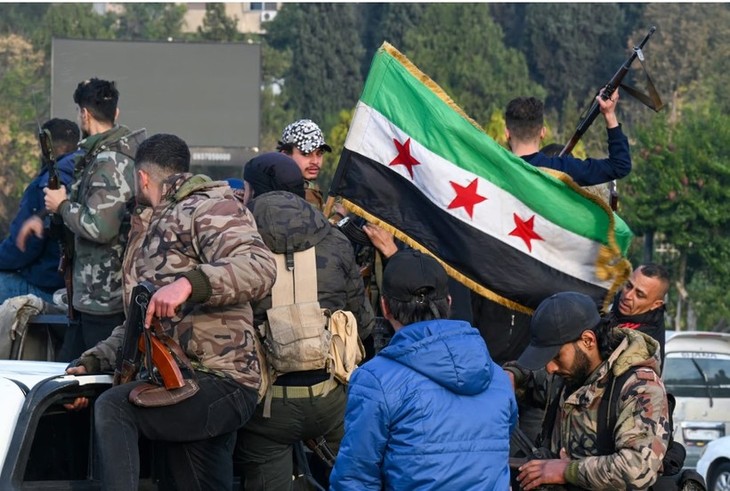 |
Syrian government forces collapsed quickly before the rebel attack - Photo: AFP/TTXVN
After a long period of secret operations, on November 27, HTS forces in northern Syria suddenly launched attacks on territories held by the government of President Bashar Al-Assad. Facing surprisingly weak resistance from the Syrian army, within just 10 days, HTS captured a series of key cities in Syria and on December 8 entered the capital Damascus, overthrowing the current government.
The rapid collapse of President Bachar Al-Assad's regime surprised everyone, including Syria's key allies. During the 10 days of HTS attacks, the Syrian army hardly created any significant resistance, except for the first days of intense fighting around Aleppo, Syria's second largest city. After Aleppo fell on November 30, President Bachar Al-Assad's regime also quickly lost other key cities such as Hama and Homs in the following days, and by December 8, HTS forces entered the capital Damascus with very few casualties.
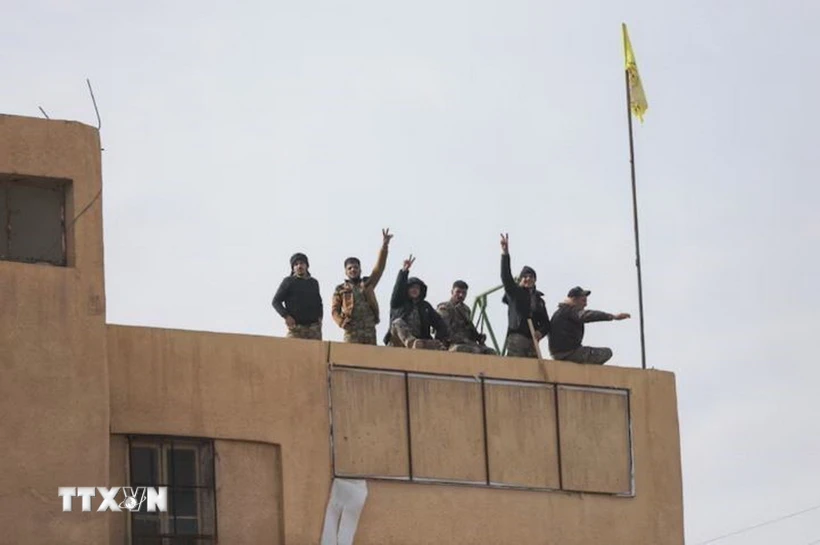
Many countries in the Middle East have now declared their readiness to help Syria stabilize the situation and build a plan for power transition, especially after a long period of internal conflict and bloody war between factions. The situation in Syria, which began with the civil war that broke out in 2011, has caused the intervention of many countries, including major powers such as the United States, Russia, Iran, Turkey and Arab countries.
In the current context, after years of conflict and loss, some countries in the Middle East region, such as the Arab League countries, are seeking to restore peace and stability in Syria. These countries mainly want to contribute to a political solution for Syria, including supporting peace negotiations and developing a plan for the transfer of power from the government of President Bashar al-Assad to a form of government that includes representatives of all political and social factions in the country.
In particular, in recent years, relations between Syria and Arab countries have gradually improved. For example, countries such as Saudi Arabia and the United Arab Emirates (UAE) have made moves to restore diplomatic relations with Damascus, opening up opportunities for the development of a power transition plan. However, this issue is still difficult, especially with the differences in interests between countries and groups within Syria.
In addition, the international community is also seeking to support peace initiatives, but this must overcome political, military and humanitarian barriers to bring Syria back to stability./.
Bui Tue



![[Photo] Closing of the 1st Congress of Party Delegates of Central Party Agencies](https://vphoto.vietnam.vn/thumb/1200x675/vietnam/resource/IMAGE/2025/9/24/b419f67738854f85bad6dbefa40f3040)















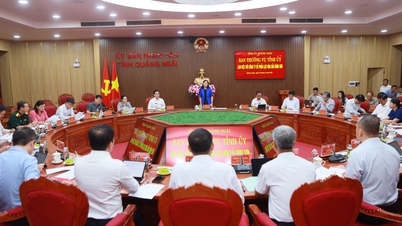





![[Photo] Editor-in-Chief of Nhan Dan Newspaper Le Quoc Minh received the working delegation of Pasaxon Newspaper](https://vphoto.vietnam.vn/thumb/1200x675/vietnam/resource/IMAGE/2025/9/23/da79369d8d2849318c3fe8e792f4ce16)


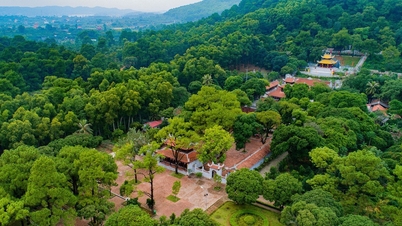

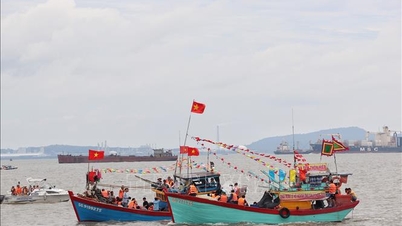



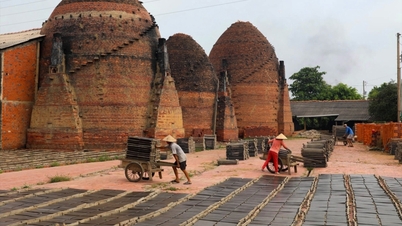
























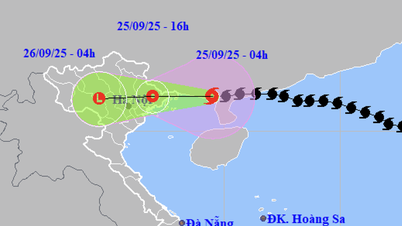

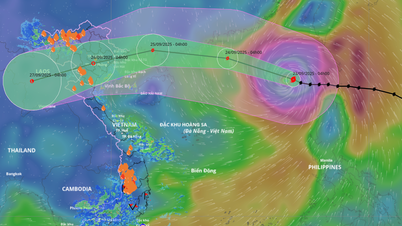


















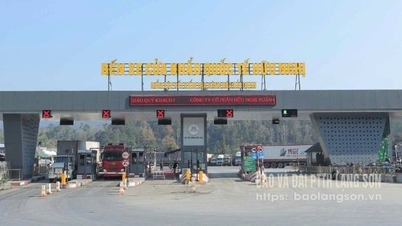

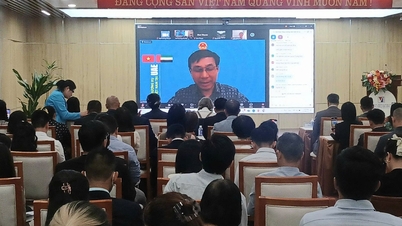










Comment (0)